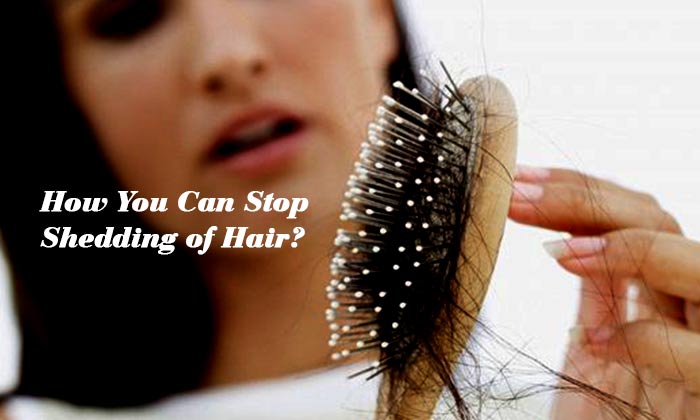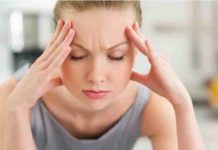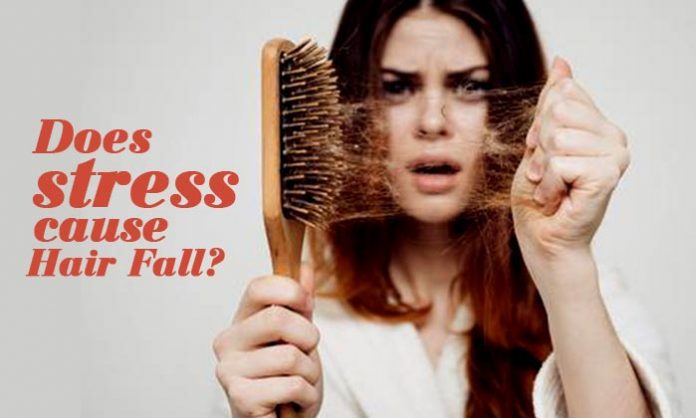
Everyone feels stressed from time to time. The ups and downs of life, personal and professional demands, illnesses can take a toll on a person’s physical and mental well being. Stress makes you react in different ways like you may experience acne breakout, brittle nails etc. Stress might even have you ‘pull out your hair’ literally as the expression goes and you may experience stress induced hair loss.
The hair loss that happens as a result of physical and emotional stress is called telogen effluvium. In this condition, stress pushes hair follicles [1] in resting phase. And because of this, hair starts shedding giving the appearance of thinning, which is more noticeable in some areas of scalp than others.
The life cycle of hair follicle comprises of- growth, transition, resting and falling out . Stress shifts the hair in the growth stage to the resting or telogen state. It is difficult to comprehend the complex biology that dictates the clockwork of hair cycling. However it is known that stress bends the clock and shifts the hair in telogen phase.
As per Dr. Lauren Ploch, dermatologist at Georgia Dermatology and Skin Cancer Center, this phenomenon does not lead to permanent baldness or hair loss. Complete baldness occurs only if there is an underlying inflammatory condition like alopecia areata, [2] which is an auto immune disease causing hair loss in patches and severe stress is a trigger for this condition.
It’s not that you’d experience hair loss immediately after going through stressful times. Ploch adds that telogen effluvium occurs in the first three months after going through a stressful event. Generally hair loss means that new hair is growing at the base of lost hair, so new hair growth will manifest after three to six months of shedding.
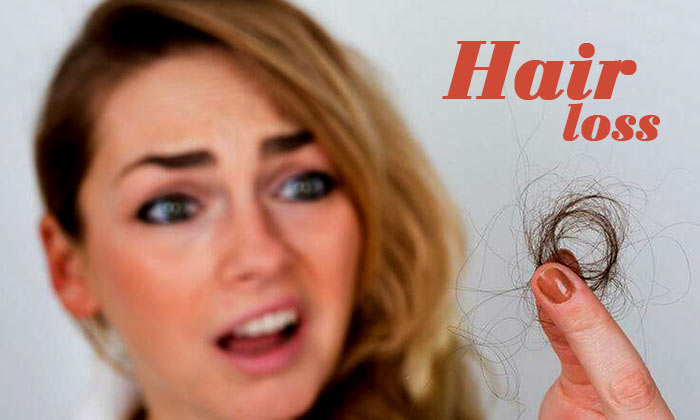
When Should You Worry?
Normally we all lose 50-100 hair in a day. This is not worrisome because if compared to the total mane on your head, the loss of these strands is not even noticeable. But when shedding happens in excess, it could be a problem. When more than usual strands of hair come out when you wash your hair or comb or when there is thinning in one particular area or all over the scalp, you should see a doctor.
Now the million dollar question is why hair loss occurs during stress. When we experience stress, our bodies enter in the survival mode and it draws away the resources from non vital functions which are not so essential for life, like nail growth and hair growth.
Also there is not much evidence regarding which groups of people experience more stress induced hair loss than others. It can however be said for new mothers that they have more hair loss because of the psychological and physiological stress that accompanies childbirth. [3]
Postpartum alopecia is a type of hair loss that occurs due to decrease in estrogen levels which happens around childbirth. This hormonal shift causes the hair follicles to shut down for about 4 months but new mothers can expect the hair to come back to normal growth and fullness after a year.
Moreover, a mental health condition known as trichotillomania, characterized by compulsive desire to pull hair from different parts of the body also comes with high levels of anxiety.
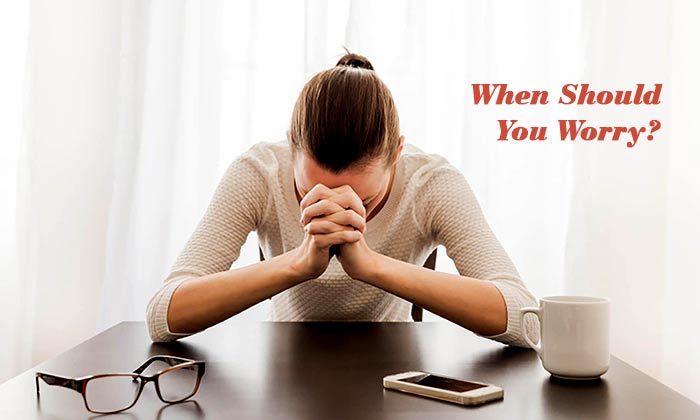
How You Can Stop Shedding of Hair?
Well, incorporating lifestyle changes is helpful. You should watch your sleep and participate more in activities that you enjoy. These are common ways for reducing stress. Also Ploch emphasizes the importance of getting appropriate and adequate nutrients. You must make sure that you eat a diet laden with minerals and vitamins. Warning you about biotin supplementation, Ploch refers to a memo about how biotin supplementation has an effect on lab values. So biotin intake should be limited to 35 micrograms or less. Biotin which is a B vitamin helps fight hair loss and is present in small amounts in foods like bananas, milk, eggs etc.
Also prevention is better than cure. So instead of finding ways to treat hair loss, it is important to find ways to manage the stress which causes it. Regularly exercising, getting proper sleep, eating a healthy diet can relieve anxiety. To counteract negative mood, hang out friends who make you laugh, listen to soothing music, eat chocolates. There are a host of other techniques. If stress is not letting you participate fully in every day life, it’s about time you try some therapy or speak to your mental health doctor.
If the shedding is mild, you can try some self treatment but if there is excessive shedding, you must see a dermatologist. Don’t let it go undiagnosed and untreated. It would not be right to mot seek treatment even if you think it is just telogen effluvium which will resolve with time. Telogen effluvium is an inflammatory or scarring type of hair loss so seek treatment for it.
